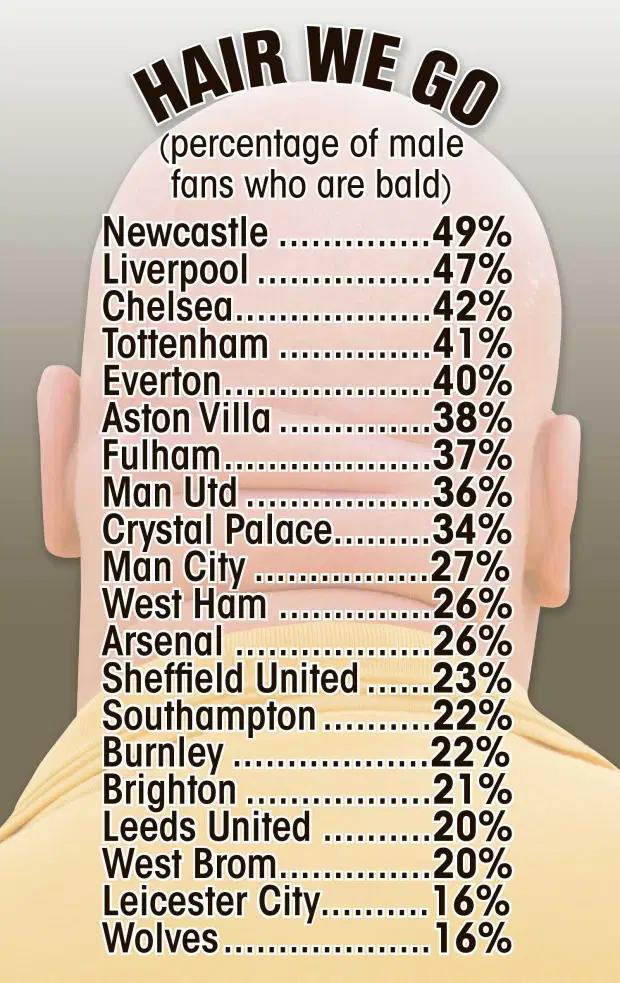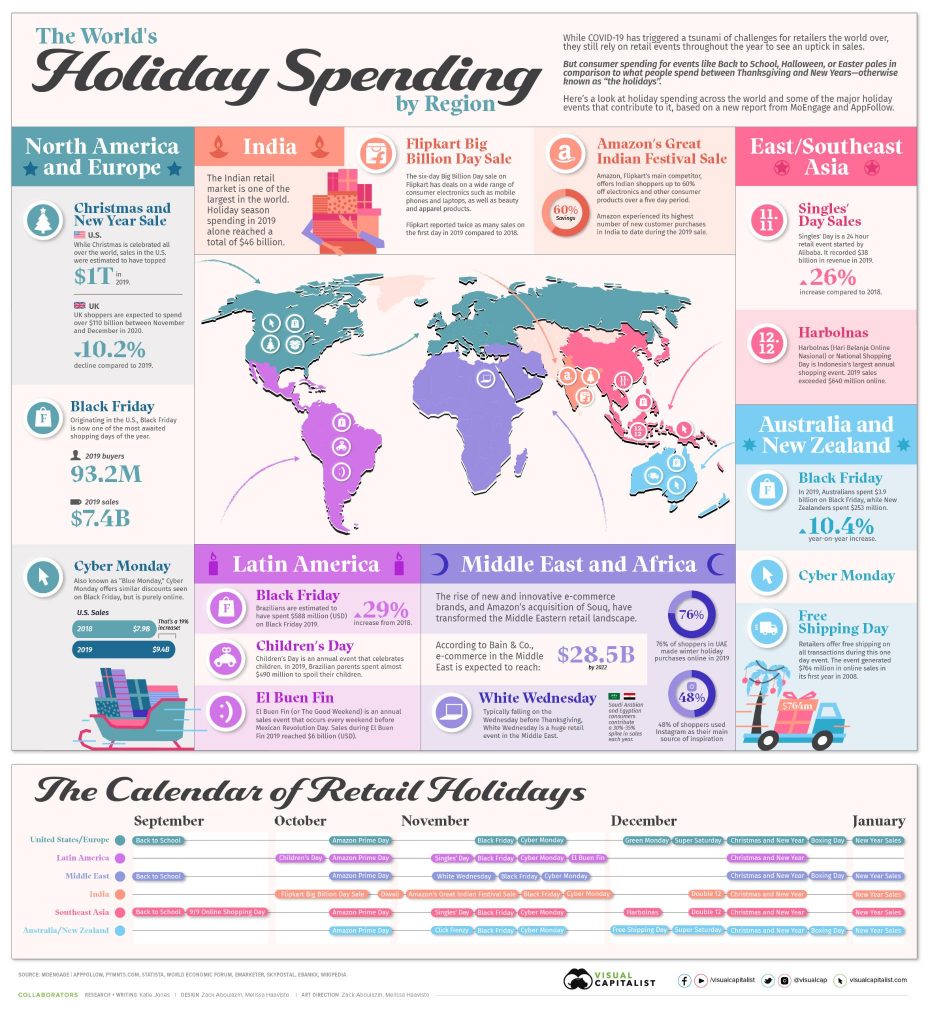Expert view by Tom Mortimer
SEO is probably the marketing discipline that generates the most fear.
Have a look on a question-and-answer site such as Quora or a discussion board like Reddit and you’ll see dozens of people asking questions about its difficulty. There is almost a perception that SEO is comparable to something like brain surgery.
But that’s really not the case. SEO is nowhere near as difficult as people think.
In this piece I want to show you just how some of the most digital marketing savvy SMBs are dispelling this myth and just how you can start implementing some of their tactics into your approach to SEO today.
Content Is always King
Whether you’re new to the digital marketing industry or a veteran, you may have heard the words ‘Content Is King’. In digital marketing circles it’s become such a cliche that it’s almost lost its meaning. But like so many cliches, it’s a cliche for a reason – because it’s true.
Content is by far the most important SEO ranking factor there is – it’s what Google representatives preach, it’s what independent researchers preach. Put simply, if you build great content, then they will come.
Though what does ‘great’ mean? And who are ‘they’? These are philosophical questions that require philosophical answers.
Firstly, when you’re looking to create some content, you need to ask yourself the following:
- What is my expertise?
- What is my business’s unique selling point (USP)?
- What am I trying to achieve?
- How much resource do I have?
Let’s say, I own a campsite in Norfolk. I probably have a wide range of expertise, but one thing I know a lot about is holidaying in the UK. My USP is that I’m right by the beach and my static caravans are quite luxurious. I’m trying to get more leads. And I haven’t got much resource.
So I think, I wonder if an article titled, ‘10 Most Luxurious Beach Holidays in the UK’ might work?
I’d then look at creating a list of the 10 great places to visit in the UK by the beach, and include myself in the list and then sell myself. Then, if what we’re selling is appealing enough, this will bring me leads.
But creating this piece of content on its own won’t do anything.
Content is a pauper without research
Okay, so bearing that in mind, I now need to do a bit of research to make sure the content piece I write will rank well and resonate with my audience.
So, using the piece above as an example, I’d go to Google and search “luxury beach holidays UK” and check out the competition and the volume.
I’d recommend using a Google Chrome extension here called Keyword Surfer. Every time you do a search on Google when you have this extension activated it’ll give you a list of keyword ideas related to the one you searched for with a similarity percentage and keyword volume like so:

You can also see the keyword volume for each search too.
Then you need to ask yourself some more questions, such as:
- How many people are searching for this keyword?
- What type of content are the best performers writing?
- How can I better that?
- What other keywords should I target?
- Should I target these instead or as well?
If you check this Search Engine Results Page (SERP) on Google for yourself, you’ll see that it’s not mammoth companies like Booking.com, Hotels.com, Airbnb, who occupy the top spots. It’s the SMBs. This is the approach that’s working for them up and down the country.
Next step is writing the piece itself. Getting this right is a crucial step to reaching the top of the SERPs.
We haven’t got enough space to go into it here, but it’s something we go into in depth in our free SEO ebook which you should check out.
If you follow the writing guidelines laid out in that ebook, and the two crucial steps above, you’ll be on to a winner, no doubt.
Don’t forget about those links
To bolster this content, you then need to back it up with some backlinks.
When Google sees that a page has a lot of backlinks, it’s a signal to them that a lot of people value the page and that the content on it is good.
Some people will make the argument that people linking to your site is more important than content, and though that isn’t the case, backlinks are still so crucial for SEO success.
One caveat is that the backlinks need to come from relevant sites. If you run a site about jogging and you get a backlink from a site about exercise, that’s obviously fine. If you get a backlink from a site about fish tanks, that’s not a relevant link and won’t carry much value in Google’s eyes.
So how are the most digital savvy SMEs currently approaching this?
Well, they’re going big. They’re not just going for a single guest post, they’re creating resources which can be shared by multiple sites at once.
One great way to do this is doing data surveys and sharing the information in infographics.
These can be as crazy as this from Buzzbingo which generated tons of backlinks from national UK papers a couple of weeks ago:

To something a bit more informative like this by Region:

The second example uses publicly available information and data too, while there are websites out there where you can create infographics from scratch, so you don’t even need any design resource – the only money you’ll spend on creating this kind of thing is time.
So if we were to go back to the campsite example again, we could create an infographic titled, “How the people of the UK have holidayed during Covid.” We could do a “Then and Now” version, perhaps?
Then, once I’d gathered all my data and put it into an infographic, I’d search for travel blogs, travel news sites, travel writers and send them an email with the infographic and ask them for a link in return.
My advice for the email would be:
- Don’t be flashy
- Don’t be overfamiliar
- Don’t be long-winded
- Relate it to the person you’re emailing
- Be concise when showcasing your campaign’s strengths
But stay true to yourself. Then follow up. Journalists expect this, and so long as you’re not too pushy or rude, it could be really helpful to them. So bear that in mind, write it in a helpful manner, and keep the email short.
Don’t be afraid of failure, because this game is just like baseball, you’re expected to miss more than you hit. Don’t take it personally, just keep plugging away. If you truly believe in what you’ve created, you’ll find someone else that does too.
If all things fail, you’ll have created an awesome infographic for your website to share on social media. If all things go to plan, you could end up with backlinks from hundreds of websites and tons of referral traffic from the New York Times.
Again, in our SEO ebook we go into more detail about just how to tackle this and what other tactics you can use to generate those all-important backlinks.
The long game
SEO is all about the long game. However successful you are, you won’t see results overnight. You’ve just got to always keep on top of things and always keep on plugging away.
This is especially true with your backlink approach, but it’s the same with content too.
However, the most important thing more than anything is the research. That’s where you really need to get right. Get these foundations in place and you’ll be onto a winner, no doubt at all.
We have loads more tips for you in our aforementioned SEO book, where we go in depth in a few other areas that can really give you a big boost up those rankings.
You can download it for free here.
Related:
Build your business with SEO
Auditing your SEO
How to impove your Google ranking


